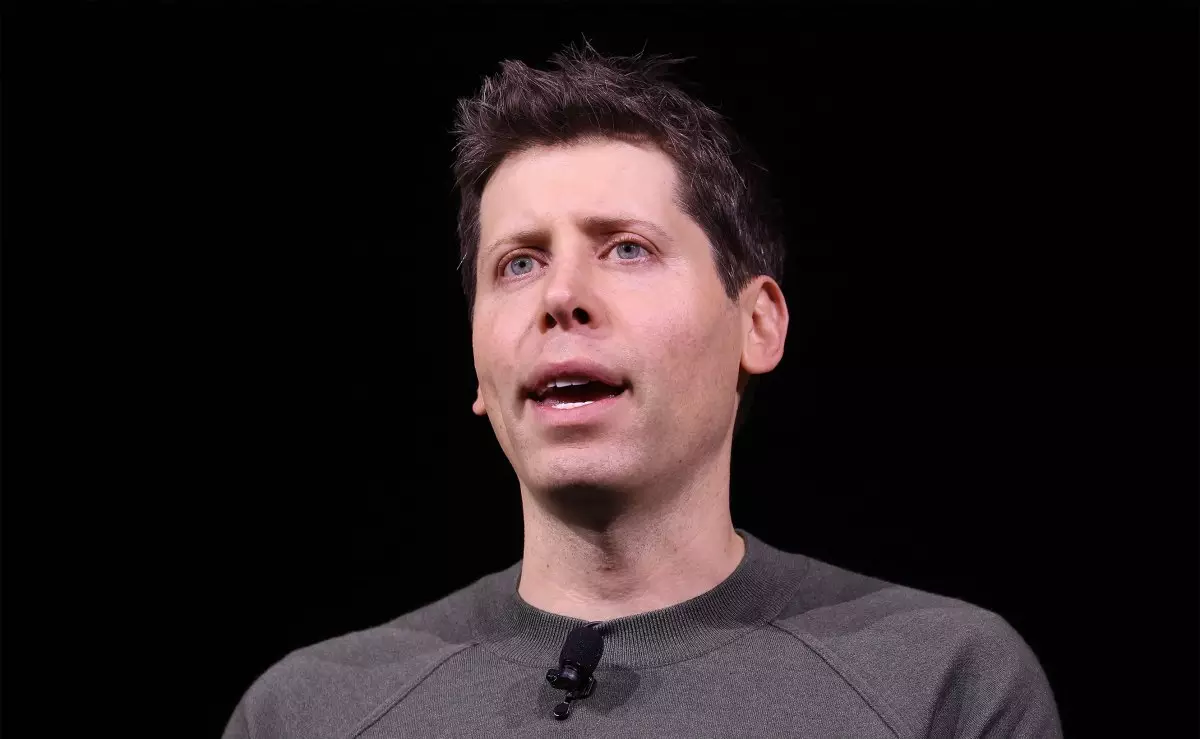The landscape of artificial intelligence has shifted dramatically over the past few years, with companies like OpenAI at the forefront of this technological evolution. In a striking decision, OpenAI CEO Sam Altman has stepped away from the Safety and Security Committee, a panel formed to ensure the responsible development and deployment of AI technologies. This committee, now restructured into an independent oversight board, will be led by Carnegie Mellon professor Zico Kolter and includes a diverse lineup of established figures such as Quora CEO Adam D’Angelo and retired General Paul Nakasone. This change points to a significant pivot in OpenAI’s approach to safety—an attempt to enhance transparency and address growing concerns regarding the potential risks associated with advanced AI systems.
The newly minted committee will continue to hold the authority to conduct thorough safety evaluations, including the capability to delay product releases if safety issues arise. This assertion of independence is crucial as it seeks to convey a commitment to rigorous oversight, particularly at a time when public skepticism towards AI technology is escalating.
Altman’s resignation from the internal safety committee raises eyebrows amid a backdrop of legislative scrutiny and internal dissent. Several United States senators have directed inquiries towards OpenAI regarding its safety protocols, indicating a heightened interest in the governance of AI technologies. Furthermore, reports indicate that a significant portion of OpenAI’s workforce, originally dedicated to investigating the long-term implications of AI, have departed the company. Such attrition reflects a troubling trend: former researchers have publicly critiqued Altman’s leadership, alleging that he has prioritized corporate growth over essential regulatory measures designed to ensure the safety of AI applications.
At the same time, OpenAI has ramped up its lobbying efforts, allocating an eye-catching $800,000 for the first half of 2024—an increase from previous expenditures. This uptick in spending on federal lobbying raises important questions about the motivations behind OpenAI’s operational choices and the extent to which financial interests might influence its commitment to moral responsibility.
The commitment to spend significantly on lobbying suggests that OpenAI is actively trying to shape AI policy in a manner that could favor its strategic objectives. With a rumored funding round valuing OpenAI at an astounding $150 billion, the influence of profit motives in setting safety standards becomes impossible to ignore. This leads to deeper ethical considerations: how can a profit-driven entity ensure the safety of its products?
Former OpenAI board members Helen Toner and Tasha McCauley voiced skepticism about the company’s ability to self-regulate effectively, arguing that the pressures associated with profitability could undermine accountability. Their perspectives highlight a crucial debate in the AI field—can long-term responsibility and profitability coexist, or is there an inherent conflict between these two goals?
The transformations within OpenAI’s governance—marked by Altman’s exit from the safety committee—signal an urgent need for renewed discourse about AI safety and ethical considerations. While the formation of an independent oversight board is a step in the right direction, questions remain about its true effectiveness in challenging the company’s commercial ambitions. Ensuring robust checks and balances may require not just restructured committees, but potentially external regulatory frameworks that hold companies accountable for the societal implications of their technologies.
As OpenAI moves forward, it must navigate a complex terrain where public trust is paramount. Stakeholders, including employees, researchers, and policymakers, will scrutinize the company’s actions closely. An ongoing emphasis on transparency and the genuine integration of diverse viewpoints—especially those of critics—could prove crucial for OpenAI, both in maintaining its reputation and in fostering responsible innovation in the AI space.
While OpenAI has taken steps to enhance its safety governance, the road ahead remains fraught with challenges. A commitment to ethical AI development requires a balanced approach that weighs corporate objectives against the potential risks posed by advanced technologies—an equilibrium that may only be achieved through candid dialogue and rigorous oversight. As the committee transitions into an independent body, its true efficacy will depend on its willingness to prioritize safety over profit.

